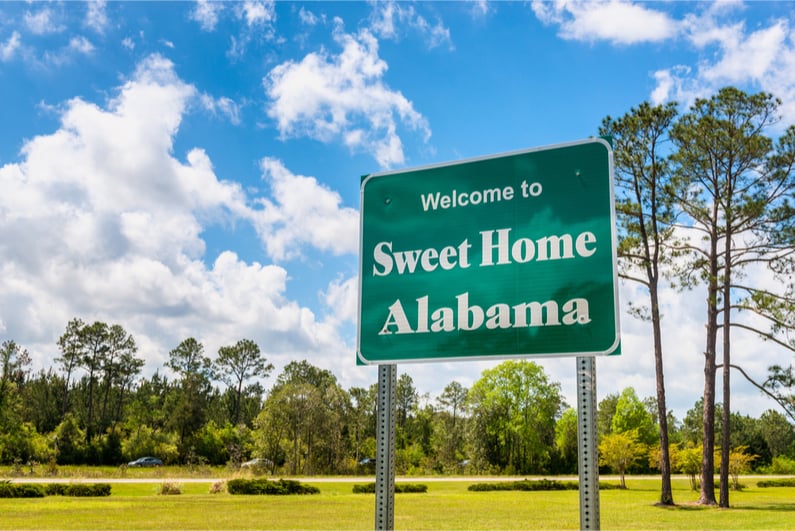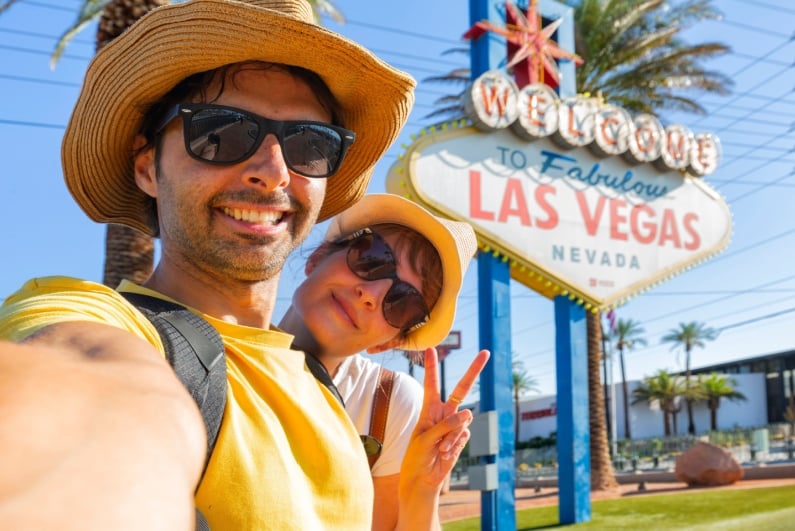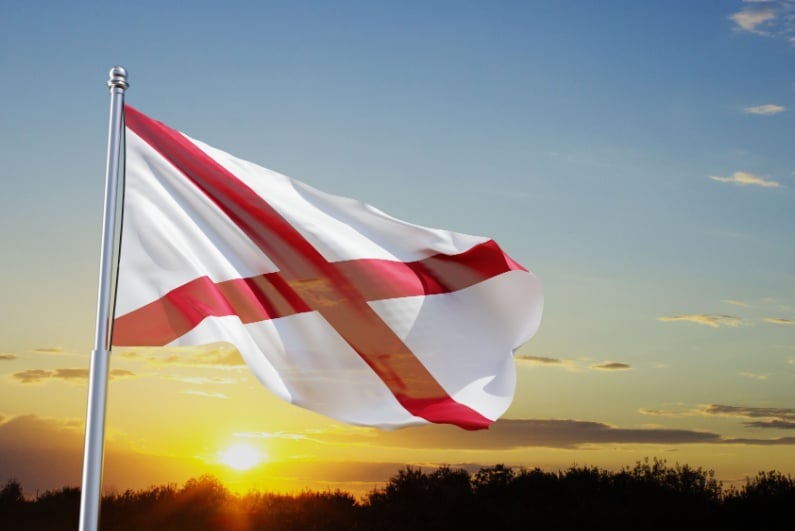Alabama has traditionally been very anti-gambling, but could the state surprise everyone and legalize sports betting?
History of gambling in Alabama
Alabama has four gambling operations that host e-bingo and horse and dog race betting even though some of them are violating state laws. Three Native American casinos are operating, but a lot of typical casino games such as poker, blackjack, and slots are not allowed. Social gambling as a whole is also banned in the state.
State laws do not allow online gambling. There is not even a state lottery, although an upcoming vote on the issue could allow it in the near future. A state lottery could potentially generate $80m (£61m) annually for the state. Voters turned down an education-based lottery proposal in 1999.
The Alabama Department of Revenue oversees the gambling sector. Players need to be at least 18 years old to play at tribal casinos, whereas they have to be 19 years old to attend dog and horse races.
The state’s gambling laws have rarely changed through the years, so it would shock most people if sports betting were legalized.
Is there any chance?
Mississippi is the only southern state that has legalized sports betting. That state has already seen good results, especially since the college football season started. College football is a massively popular sport in the South; the strongest conference in the sport is the Southeastern Conference (SEC), which includes both Mississippi and Mississippi State Universities.
There are some signs that Alabama’s tough stance is softening somewhat. Gambling is increasingly no longer seen as a moral problem that needs to be avoided at all costs.
During the race for the state governorship earlier this year, both candidates appeared to be somewhat open to revising gambling laws in the state. The political strength of those who have traditionally blocked such proposals in the past appears to be on the wane.
The former governor, Democrat Don Siegelman, talked to the New York Times about this issue, saying: “I think there’s been a change in attitude, a slight change in attitude, maybe an unwitting change in attitude. I don’t think the evangelicals would organize and execute a plan to defeat sports betting with the same passion and enthusiasm that they mustered in 1999.”
Polling by both parties has shown that there is significant support for a state lottery, which was previously unheard of. This issue does not arouse the same ferocious reaction it once did from the voting public.
Some reasons for the easing of attitudes are the increasing secularization of the church-going public, the fact that politicians and voters seem to be growing tired of discussing the issue, and frustration that residents cross state borders to buy lottery tickets or place sports bets. This contributes money to another state’s coffers rather than their own.
Significant numbers of illegal sports betting operations are conducted in Alabama and the country as a whole. Estimates put annual revenue from illegal gambling around the $150bn (£114bn) mark. The state could raise significant amounts of revenue if sports betting were legalized.
While sports betting legalization is not likely to occur in Alabama soon, the introduction of a state lottery could be a vital stepping stone.




